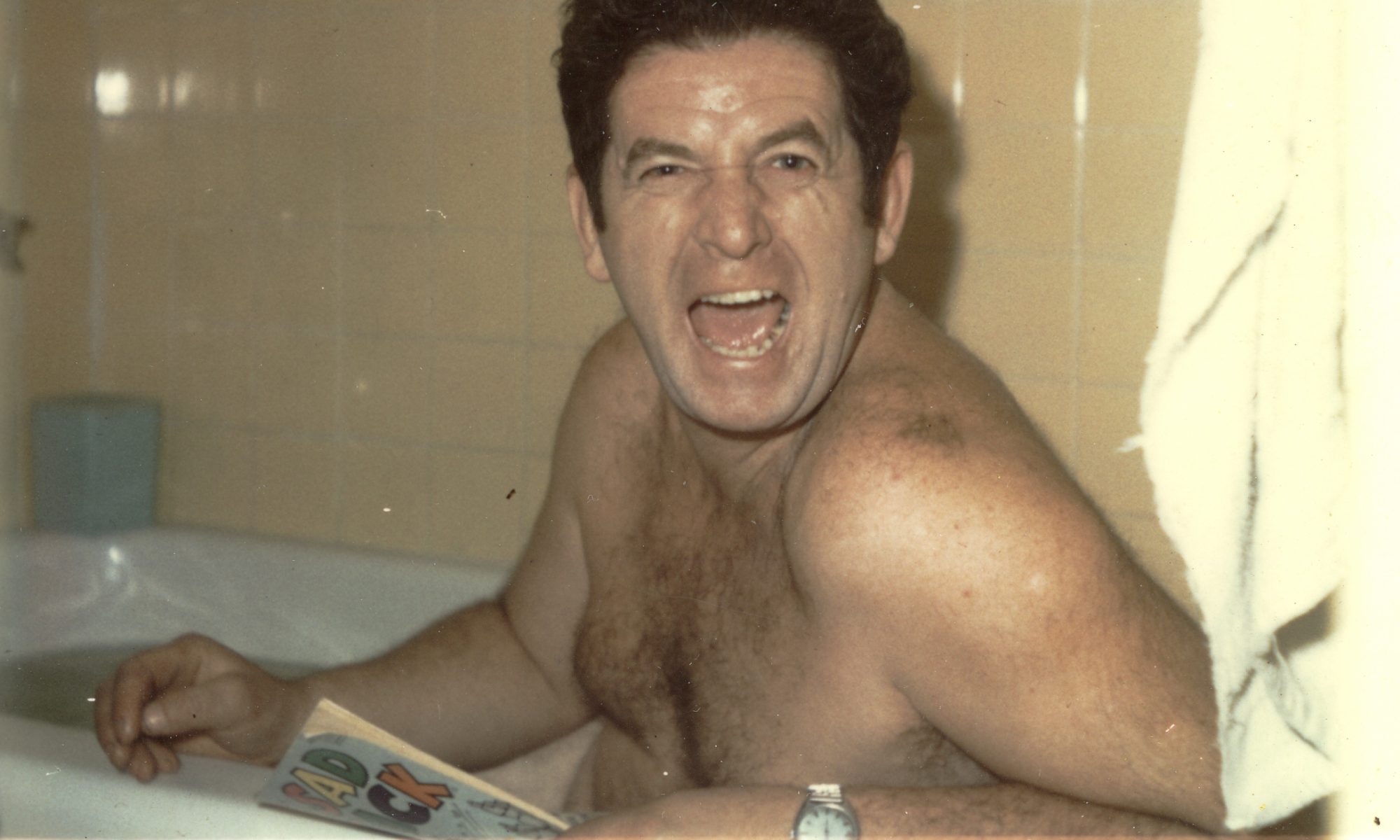As we enter into Day 2 of the Greg Smith inspired crisis, once again, for those who have faith it’s often very helpful to look at one of the many bracelet reminders on their wrists.
WWGD?
It’s no surprise that should be a natural topic title, as I’ve already covered various crises from the perspectives of Johnny Cash and Moses, always asking the same question, which in this case is, “What would Goldman Do?”
In general, it’s my belief that if you follow the basic behavioral principles established by either Cash or Moses, you’d be on pretty good footing, as long as you were able to maintain your faith and keep your cool in the face of mounting stress.
Oh, and stay off that cocaine. It’s a nasty drug. Not everything that Cash did may be right for your situation. Consult with a pharmacologist before initiating any new strategies.
 On Tuesday, in the last hour of trading shares of Goldman Sachs soared about $7 as results of the Federal Reserve’s “Stress Test” were released.
On Tuesday, in the last hour of trading shares of Goldman Sachs soared about $7 as results of the Federal Reserve’s “Stress Test” were released.
Released? Well, sort of.
Actually, it was Jamie Dimon, CEO of America’s bank, JP Morgan Chase, heir to the Morgans and Rockefellers, who jumped the gun by two days and as result speculation flowed regarding every other major bank’s stress test standing. They were all bid up quickly in the absence of corroborating data in a perfect example of investors exercsing their “FOMO.”
My guess is that Jamie Dimon, though perhaps well regarded, isn’t terribly well liked within the administrative circles of the Federal Reserve. There’s probably some residual disagreement over who helped who when it came to the “rescue” of Bear Stearns. Dimon certainly has used JP Morgan’s role in that transaction to his public relations credit, if not also to his bottom line credits.
I know that people pay lots of money for the opportunity to have lunch with Warren Buffet, but I think I’d rather donate the money to charity for the opportunity to spend a day doing a pub crawl with Ben Bernanke and finding out how he really feels about certain things.
I’d start by asking about Ron Paul and Jamie Dimon.
The real stress test was actually to come the next day as the world learned of the disdain for which Goldman Sachs held its clients, at least according to a table tennis playing “executive director” in London.
Amazingly, shares lost about 60% of their gains following release of the New York Times Op-Ed piece, while JP Morgan held onto its gains. Amazing, because the complaint came from “The Greg Smith,” who after the 15 minutes is over, will be referred to as “who?” at the unemployment office.
These days, it doesn’t take another disdainful reference to “The Muppets” to know that it’s not easy being Blankfein.
There has barely been a day over the last four years that Goldman hasn’t caught blame for something.
At the very least, we can give them credit for managing Ghaddafi’s portfolio to a reported 90% loss.
Now Ghaddafi, that was one ugly Muppet.
In the past, probaby no other investment house or bank, whatever Goldman is, these days, did as well in the face of crisis, than did Goldman.
Just ask AIG.
But they went from routinely being calle “the smartest guys in the room,” to being villified and painted as the face of everything that’s wrong with American capitalism. The fact the so many of the major players in the Treasury Department were Goldman alumni didn’t help. In fact, rumors of Tim Geithner’s ties to Goldman, though not on the same level as Kenyan Muslim murmurings, took on a life of its own
So what would Goldman do during this crisis of faith?
Although some version of the Bible teaches that the meek shall inherit the earth, it hasn’t always played out that way.
By “not always,” it’s probably more accurate to say “never.”
No doubt, Goldman knows that nothing restores faith than profits.
It’s not terribly likely that those with the means to be Goldman clients got that way becasue they put emotion and personal loyalty first. These are niot the people that can say “win-win” with a straight face.
Not only is the game all about making money, but its all about making money at the expense of your “partner,” facilitator or competitor.
In many cases, it’s clear that Goldman Sachs played all three of those roles on each deal.
Double dipping? Try triple dipping. They are the brightest in the room.
And if you were an investor, would you rather be with the brightest there is and perhaps pay a little premium because of their potential conflict of interest, or put your money in the hands of someone competing with Goldman and risk losing on all three of the corners of that relationship triangle?
In the days prior to the crash, Goldman was a great market indicator. Back when I first started obsessively following stocks, back when volatility was a wonderful thing to behold, movements in Goldman shares always preceded broad market movements. On those many days that we’d see large intra-day swings it was always Goldman that foretold the swing.
And then it became just like the rst, having to demean itself in so many ways.
I think yesterday was the bottom or as they say, an “inflection point.”
Despite the fact that there’s nothing tangible or substantive about a questionably placed Op-Ed piece, it’s all about getting it all out in the open and then moving on.
Goldman needs to embrace its culture.
Not the culture that Greg Smith retained as an idealized vision. I’m pretty certain that neither JP Morgan, the Rockefellers, Goldman nor Sachs had the same fictional vision. Besides, with that singular institutional vision embracing greed and creating wealth come such things as charitable foundations that can devote all of their energies toward the realization of an idealized vision.
But as Szelhamos used to say, “someone’s go to work.”
Instead, if Goldman is going to exist for another 150 years, it needs to embrace the mentality that even in war everyone can thrive. The client can be the enemy, but let’s just say that he’s also the enemy of my enemy.
No doubt, its clients will embrace that sharply focused mentality, even if it means taking some shrapnel and even if it means never taking your eyes off the one who might, under the right circummstances stab you in the back, even while their hands are in your pockets.
For his part, Greg Smith may win the “Moist Likely to get Hit by Friendly Fire Award'” for trying to throw cold water on a good thing.
As this week and monthly options cycle comes to an end I picked up just a few crumbs, by selling call contracts on all of my Research in Motion shares. If the contracts get exercised I’ll have a great head start on assembling strategic tax losses for 2012. I hate looking at my “Performance” page and seeing negative ROI’s on anything.
Definitely not something that Goldman Sachs would want for its clients and definitely not “What Goldman would Do.”.
Check out Recent PortfolioTransactions and
Transaction Performance
